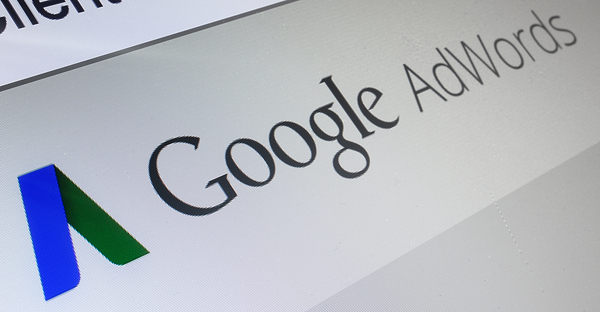By David Callan
Next on to picking your keywords. These are the words which when searched for will trigger the appearance of your ad next to the search results. Choosing the right keywords is imperative to the success of your campaign. A good approach to choosing the right words is to imagine what you’d search for if you were looking to buy a product similar to your own.
Remember as with Overture, the more popular a word or phrase is the higher CPC you’ll have to pay and generally clicks from general words convert to sales far less often than clicks from specific terms so it’s always better to have a few highly focused key phrases that get clicks than to be number one for the most general word or phrase in your industry. In Googles own words:
“General or broad keywords will generate many impressions with few results.”
Do you want “few results”? You certainly don’t so avoid the expensive popular words and stick with the less popular but more profitable keywords. Finding such specific key phrases can be time consuming, but it’s worth it as research has shown that although much cheaper using specific phrases helps get more highly targeted people to your site and hence helps you get more sales.
On Googles Adwords website they recommend using spelling variations and plural versions of your keywords to reach everyone in your target audience. I think this is
a good approach as not everyone of your potential customers will search a keyword in the same way, some will use plural versions and others will use singular versions. Similarly some may use American English rather than traditional English, this of course only applies to certain words whereby Americans use different spelling than British, Irish and other English speaking people would.
Adwords keyword matching options allow you to refine further when your ads are shown by allowing you to choose whether your ads are shown for certain types of searches on your keywords. There are four types of keyword matching options available, these are broad, exact, phrase and negative. Assume your key phrase is ‘marketing course’.
With broad matching your ad shows when users search on the keywords ‘marketing’ and ‘course’, regardless of other search terms used or of the order in which they
are entered. Broad matching is the default, you don’t have to do anything extra to use it.
Exact matching requires you to place square brackets around your keywords, like the following: [marketing course] Your ad will show when users search only on the phrase ‘marketing course’ and will not show if other words are included or the words are entered in a different order.
The third matching option is the phrase option, this is similar to exact search in the sense that the keywords must all be present and in the right order however your
ad will still show even if other words are present in the search. To use phrase matching you must include your keywords in quotes, for example “marketing course”.
Negative matching is the fourth option available. It allows you to block your ad being shown if a certain word is present in the search query. If your keyword is
‘marketing course’ but your marketing course is to do with offline marketing and not internet marketing then by using negative matching you can choose not to have your ad shown for ‘internet marketing course’ as people searching for this are looking for something different than what you offer. In this case ‘internet’ is your negative keyword. You simply place a dash before your negative keyword to use this option (ie ‘-internet marketing course’). Now if a user searches for ‘marketing course’ on Google your ad will be shown, it will not however be shown when the term ‘internet marketing course’ is entered as the query.
Using exact, phrase or negative keyword matching gives you more control over who sees your ads so you won’t pay for clicks that are unlikely to produce well-targeted results so always try and use these options, doing so could result in lower CPC, higher CTR and higher ROI. To demonstrate this fact I conducted a dummy ad to find the prices using broad, exact and phrase keyword matching options for the term ‘internet marketing’. The currency I used as the Euro, I left the maximum CPC at the default of €5. The results are as follows:
internet marketing 11.0 €2.65 – Default broad search cost €2.65 a click and expected clicks is only 11.
“internet marketing” 30.0 €0.74 – With phrase matching expected clicks per day was 30 and cost €.74.
[internet marketing] 37.0 €2.41 – Exact matching cost €2.41 a click and expected clicks was 37 a day.You can see from above that using both exact and phrase matching options resulted in a lower cost per click rate than simply using the default broad match option. I highly recommend using keyword matching options.
As mentioned earlier Google Adwords allows you to block your ads showing for searches conducted by people from certain countries and people who speak a certain language. There’s no point in letting your ad be seen by people who won’t understand it. Likewise if your product is only sold to a specific country than that country’s residents should be the only people who get to see your ad, as if your company only sells products within America then any other nationals clicking on your ad are simply costing you money for nothing.
Back to Google Adwords
guide – part 1
Watch for [Google Adwords guide – part 3] next week






